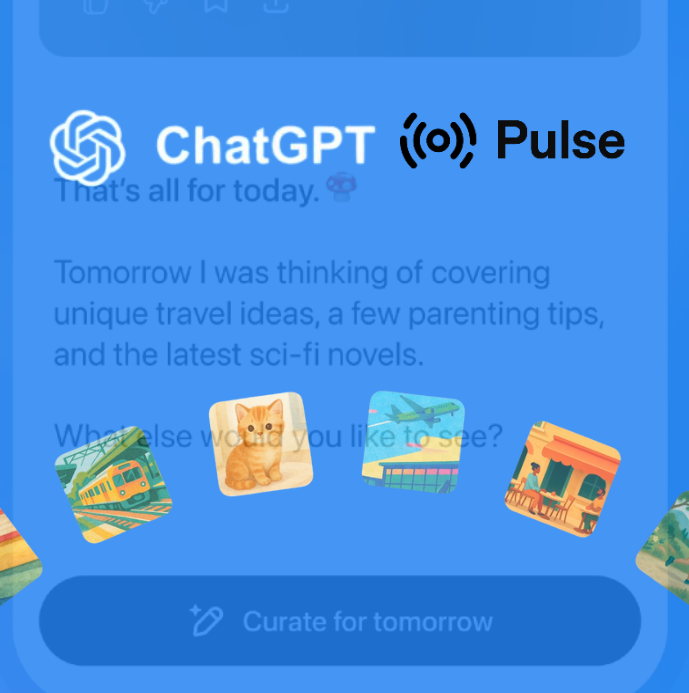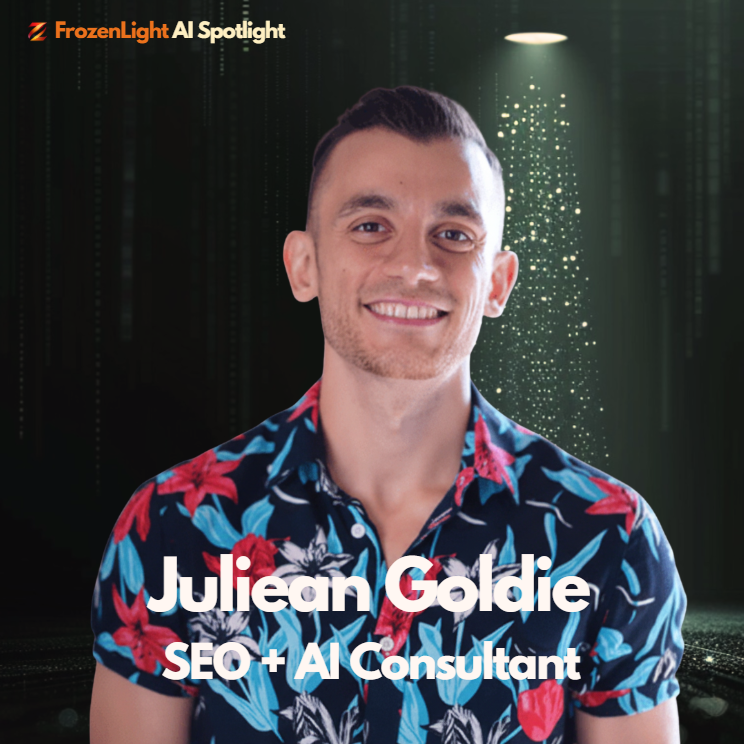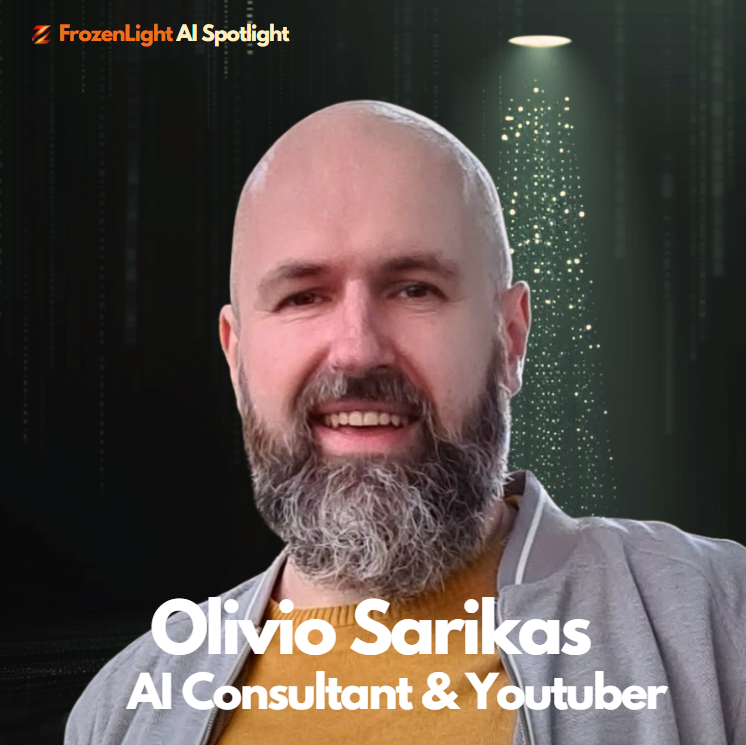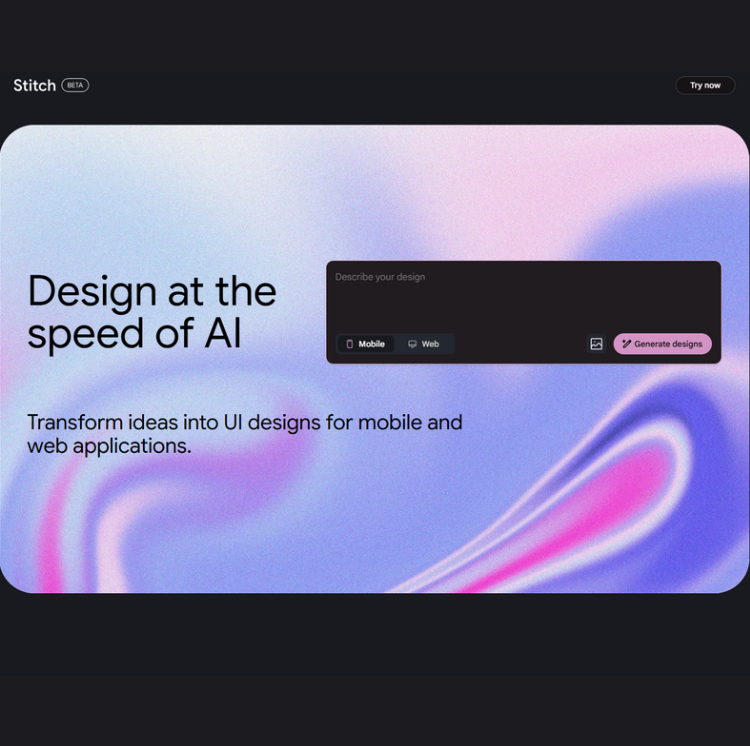
OpenAI is reportedly launching its own AI-powered web browser, built on Chromium, aiming to challenge Google Chrome and redefine how we interact with the internet. The browser is expected to integrate ChatGPT-style interaction, plus an "Operator AI agent" that can book, fill forms, and navigate websites on your behalf.
What OpenAI Is Saying
OpenAI hasn’t officially announced the product, but internal reports suggest:
-
It will automate user tasks on websites using agentic AI.
-
The experience will blend browsing and conversation (similar to ChatGPT's web features, but native to the browser).
-
It aims to create a more “intelligent” browsing experience-you don’t navigate; the AI does it for you.
🤖 What That Means (In Human Words)
This is OpenAI trying to own the browser itself-the gateway to your internet.
Instead of typing a URL or filling out forms, you'd tell your browser what you want, and the AI does it. Think:
“Find me a hotel in Rome under $200 and book it using my usual card.”
And it just... does it.
That’s agent-level AI stepping up to become your digital twin-changing how we behave online and rewriting everything we’ve known about internet use since day one.
🧩 Let’s Connect the Dots
Yes-this is all about traffic, ads, and a growing war over who controls the internet’s front door.
OpenAI isn’t launching a browser because it wants to make your browsing better.
It’s doing it because if you stop searching, Google stops earning.
Let’s break it down:
Google’s Power = Search + Ads
Google owns over 60% of global browser share. And every search you make feeds into ads, data, and clicks. If OpenAI cuts that flow-even a little-that’s a serious hit to Google’s revenue machine.
OpenAI Wants the Gateway
With a native browser, OpenAI doesn’t just respond to your prompts-it guides your digital behaviour. It can direct traffic, steer purchases, and shape what you see before you even decide what to look for.
Publishers Are in Trouble
If the AI answers your question without sending you to a site… websites lose traffic. That means publishers lose power, brands lose visibility, and SEO as we know it starts breaking down.
Data, Data, Data
Browsers see everything-your searches, your clicks, your purchases. With its own browser, OpenAI gets a front-row seat to your online life, not just what you ask ChatGPT. That’s a goldmine if you know how to monetise it.
It’s Not Just Search-It’s the Entire Funnel
The Operator agent doesn’t just show you options. It books the hotel, fills the form, completes the order. That skips the web entirely. If websites become invisible to users, Google doesn’t just lose search-it loses the whole funnel.
Prompt It Up: Count the Ghost Clicks
Think you didn’t use Google much this week?
Think again. Every time you asked your LLM a question and it “browsed for you”… that was a search that never reached Google.
Want to know how many searches your AI agent quietly stole?
📋 Copy & Paste This Prompt into ChatGPT (or your favourite LLM with browsing):
In the last 24 hours, how many of my prompts involved you browsing the internet or pulling live data from a web source?
Please count all instances where you activated or simulated a web browsing task on my behalf, including summaries, comparisons, or real-time info.
🧠 Optional follow-up prompt:
What types of searches were those?
Group them by intent (e.g. product research, news, quick facts, legal, etc.)
Bottom Line
-
What’s launching: A full-featured, AI-powered web browser from OpenAI, built on Chromium.
-
How it works: Instead of browsing yourself, you tell the AI what to do-like book flights, search deals, fill forms-and it handles the whole task inside the browser.
Who it competes with: Google Chrome, Perplexity’s Comet, and any tool that sits between you and the open web.
Why it matters?
- This isn’t a chat tool anymore-it’s a full AI agent with access to your internet habits. It could reshape what “going online” even means.
-
When: No official release date, but it’s reportedly close to launch.
-
Where to learn more: Original news at CybersecurityNews.com
-
What You Need to Know:
If you're sending 10+ tasks a day to an AI agent that would’ve been Google searches...
You’re not just changing your habits.
You’re rewriting the internet economy without even noticing.
Frozen Light Team Perspective
Viewing OpenAI’s move into the browser as a power move into a space it did not play in before - gaining more power over Google and commercialising on it - is part of it.
But it’s not the complete picture.
It’s a short point of view based on the obvious.
When adding more information and extending our point of view, this is much bigger than just that.
Remember - OpenAI bought Jony, the AI device no one has seen yet, with the claim of changing everything we know about using and communicating with AI.
The vision is in the works - but the ground needs to be prepared.
At Frozen Light, we see moves like this as preparing and testing how we work with AI.
This browser move supports the path for whatever Jony will bring.
In order for us to have one device that becomes our consolidated AI agent for all our needs, it requires a shift in behaviour.
It requires full dependency on the AI agent - our AI clone in one place, doing everything for us.
Right now, when we search the internet, we leave the agent behind.
It’s not part of the conversation.
This is why we believe the bigger play here is the behavioural shift - changing how we operate by making the AI assistant the one that browses for us.
And when it comes to comparison - and the idea that we may lose our options - that’s closely related to the downside of this move.
But we say:
You just need to know what to ask.
If comparison is what you need, send the AI assistant to do exactly that.
Know what to request and what feedback to provide in order to support its curve of growth and learning.
As you can see, it’s all connected to the new world we’re transitioning into - and OpenAI is throwing the first stone.
We’re not entirely sure that viewing this move as only a competition move isn’t part of the strategy.
It downplays the play, fuels it with people who don’t like Google, and distracts us from noticing the bigger shift - until we’ve already adjusted to the new way of doing things.
By saying that, we’re not saying that OpenAI’s new way won’t be amazing.
We’re saying: give all of us the choice to know and decide what works for us - from a place of clarity and transparency.
No need to say we can’t wait to see it :)
And be sure - we’ll circle back and update once we get our hands on it.








